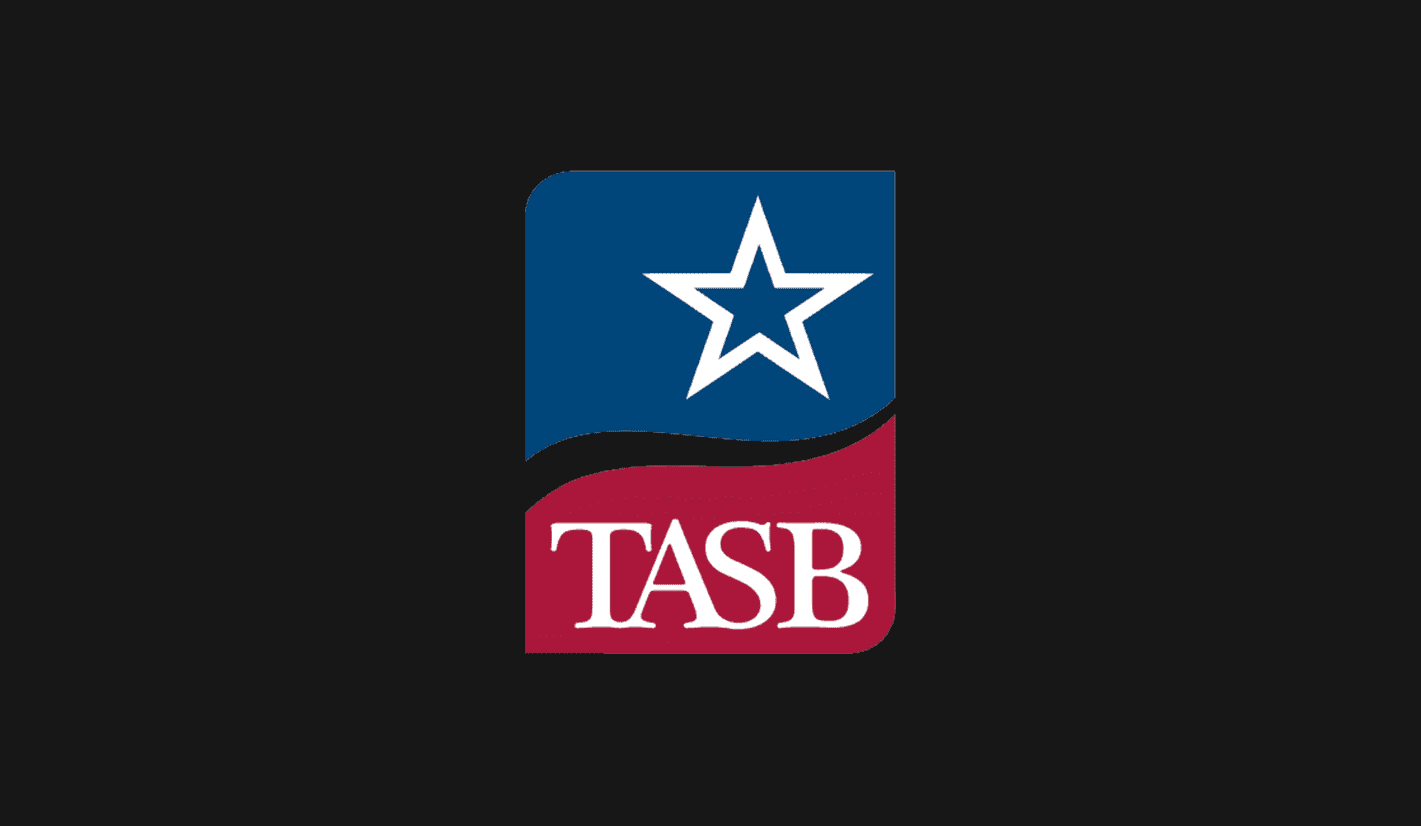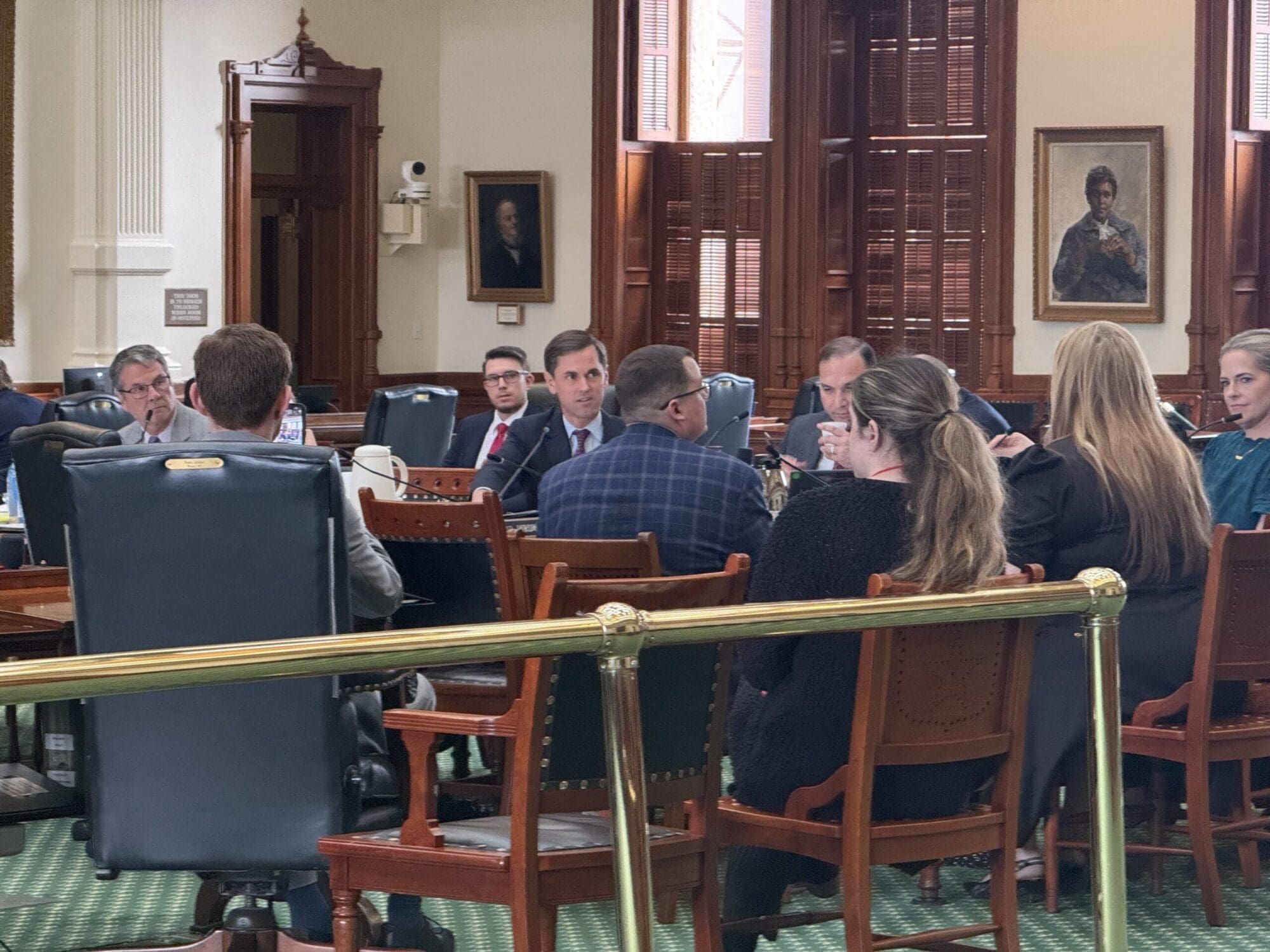Taxpayer-funded lobbying was dealt a partial defeat Wednesday as the Dallas City Council rejected hiring one of the top paid lobbyists in Texas and revealed more to citizens of what goes on behind the scenes. If the council doesn’t readjust spending, fewer taxpayer dollars will be used against citizens in the upcoming Texas legislative session as a result of the council’s action.
With a vote of 6-9, the city council rejected hiring Andrea McWilliams—one of the most high-profile lobbyists in Texas and second-highest paid—as the fourth member of their taxpayer-funded lobbyist team for the Texas legislature. Mayor Eric Johnson joined Councilmembers Adam McGough, Casey Thomas, Tennell Atkins, Cara Mendelsohn, and Jennifer Gates in voting for McWilliams.
“I was part of the majority that did not see the value in adding an additional member to the lobbyist team this year, especially in a year when we are tightening the budget of the city in other areas,” Councilmember Chad West told Texas Scorecard.
City documents show the budget passed this year is higher than last year’s, and the city’s average property tax bill for homeowners was hiked.
The council did approve rehiring their current three lobbyists—Kwame Walker, Randy Cain, and Lorena Campos—at $50,000 each, a lower rate than previous years. Councilmember Adam Bazaldua asked if the amount per lobbyist was reduced in order to hire a fourth. “The reduction would be to accommodate an additional person,” City Attorney Chris Caso replied.
If the council voted to hire McWilliams, she would have been paid $50,000 of local taxpayer money. Combined with an overall cut in the city’s lobbying budget, citizens will save $55,000 as long as the council doesn’t reallocate the rest of the money to the other three lobbyists.
Taxpayer-funded lobbying is a controversial practice that has drawn anger from citizens who are upset that their money is being used to lobby against them in the Texas legislature. In March of 2020, 95 percent of Republican primary voters in Texas supported banning the practice.
McWilliams became the focus of a political fight after Councilmember Lee Kleinman alleged Johnson ordered her hiring—and for it to be done without a council vote. A spokesman for Johnson—Chief of Policy and Communications Tristan Hallman—denied the allegations, saying that because each lobbyist was being considered separately at $50,000 each, the dollar amount was within the threshold to be approved without a vote.
Hallman admitted Johnson does know McWilliams and advised City Attorney Chris Caso to consider her, but he said that Caso made the final decision.
On Wednesday, Caso said Johnson “identified” McWilliams to him. Johnson said he and Caso had a conversation where he “made recommendations.” He then asked Caso if he was uncomfortable with the recommendation, to which Caso replied, “We are not uncomfortable.”
Kleinman also alleged McWilliams had lied to him, telling Texas Scorecard: “1) [She] said she had worked with Gates on legislative issues. [She] implied, if not directly said it,” he wrote. “2) She claimed that she never talked to [Mayor Eric Johnson] about being a lobbyist for Dallas. Based on the fact the no one on our legislative team even considered her until Eric told them to hire her, I find that hard to believe.”
Gates disputed Kleinman’s allegation about her and McWilliams.
Johnson had previously fired Kleinman as chair of the city’s Ad Hoc Legislative Committee, the body charged with pushing the city’s agenda in the Texas legislature. Johnson then placed himself as chair, with Mendelsohn as vice chair.
Johnson also disputed allegations from Kleinman that there was no transparency in the process, saying Caso emailed the entire council about what was occurring. The council’s response triggered Caso to bring this up for a council vote.
The issue of conflicts of interest with taxpayer-funded lobbyists also came up. Each of the lobbyists considered on Wednesday has other clients, and Councilmember Paula Blackmon and Mayor Johnson raised questions about how conflicts of interest are handled.
“The only thing I would add is that any time any of our lobby team has an issue or a conflict of interest when a legislation is filed, we always have a pretty good track record of them coming and talking to me,” said Clifford Sparks, the city’s state legislative director.
“If there were some kind of conflict between the cities, I would have to notify Clifford and sit out the issue,” Kwame Walker said. The city government of Fort Worth is another of his clients.
It is also unclear how effective taxpayer-funded lobbying is, as Kleinman told Texas Scorecard it failed to change the Texas legislature’s intervention in the city’s pension problem in 2017, despite a lobbyist making introductions to then-chair of the Pensions Committee, outgoing State Rep. Dan Flynn (R–Van).
As we approach the 87th Legislative Session, scheduled to begin on January 12, 2021, bills to ban taxpayer-funded lobbying have been filed by State Rep. Mayes Middleton (R–Wallisville) and State Sen. Bob Hall (R–Edgewood).
Citizens concerned about taxpayer-funded lobbying may contact their state representative and state senator.
Dallas voters concerned about keeping the $55,000 cut in the lobbying budget may contact Mayor Johnson and the city council.





